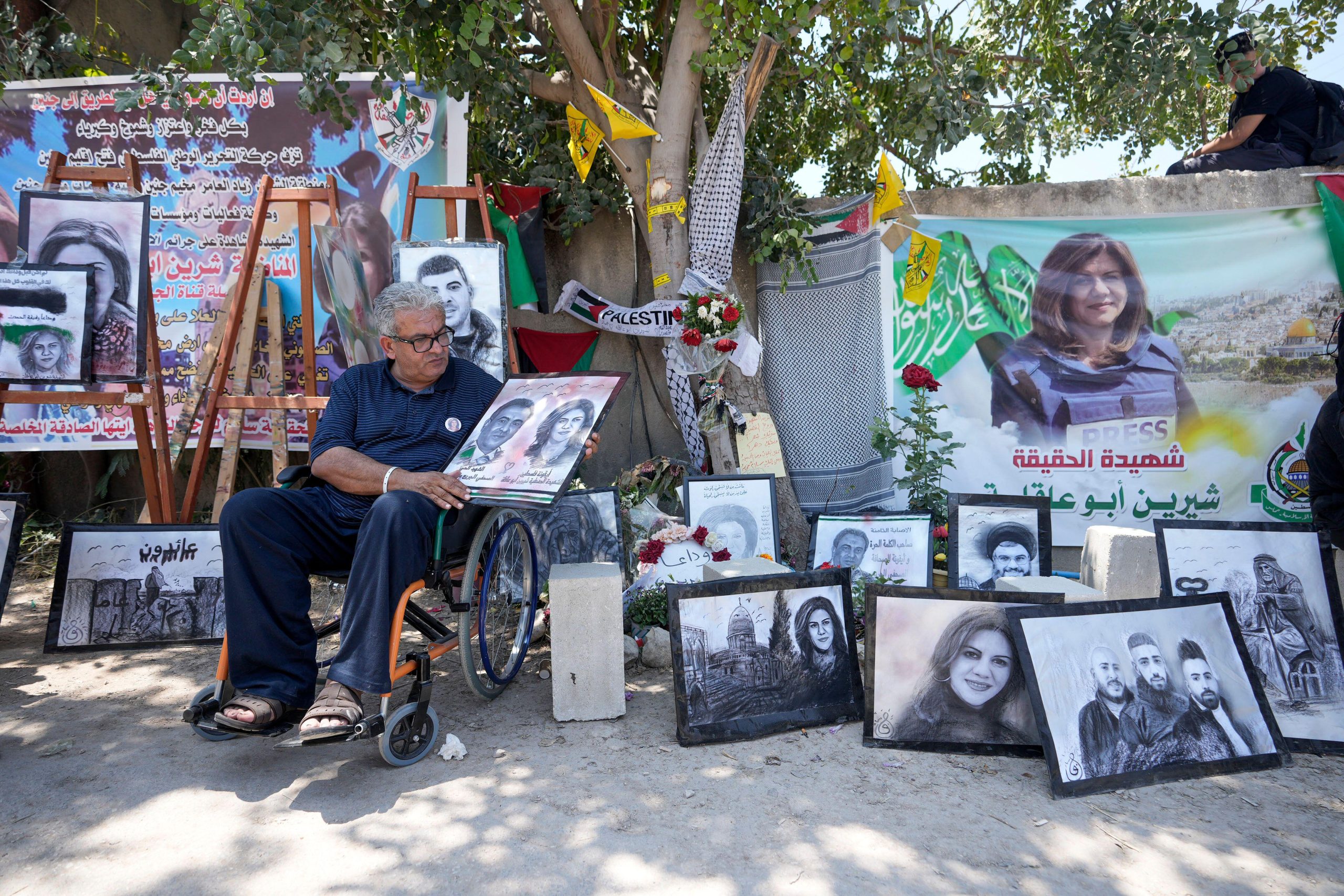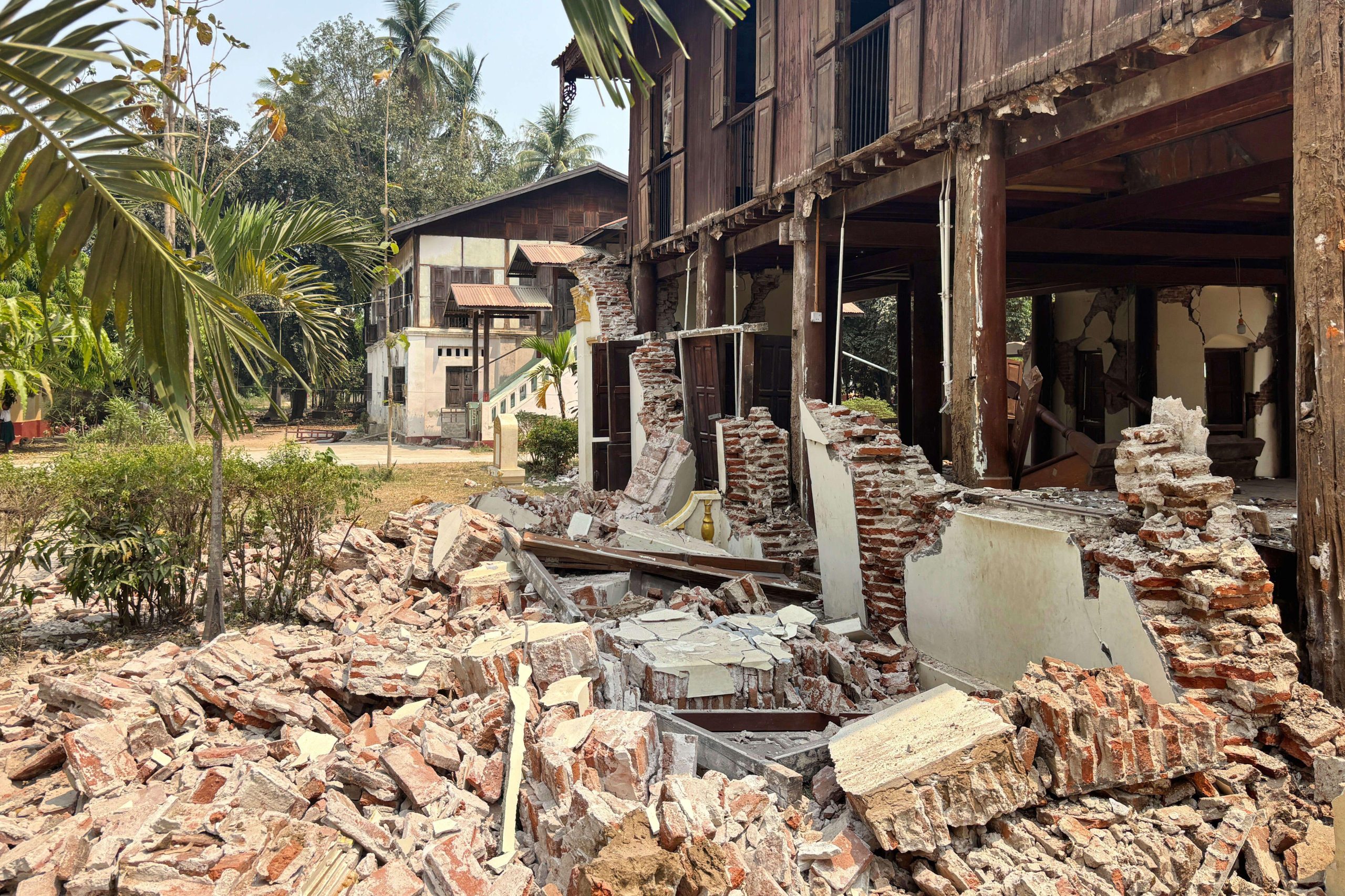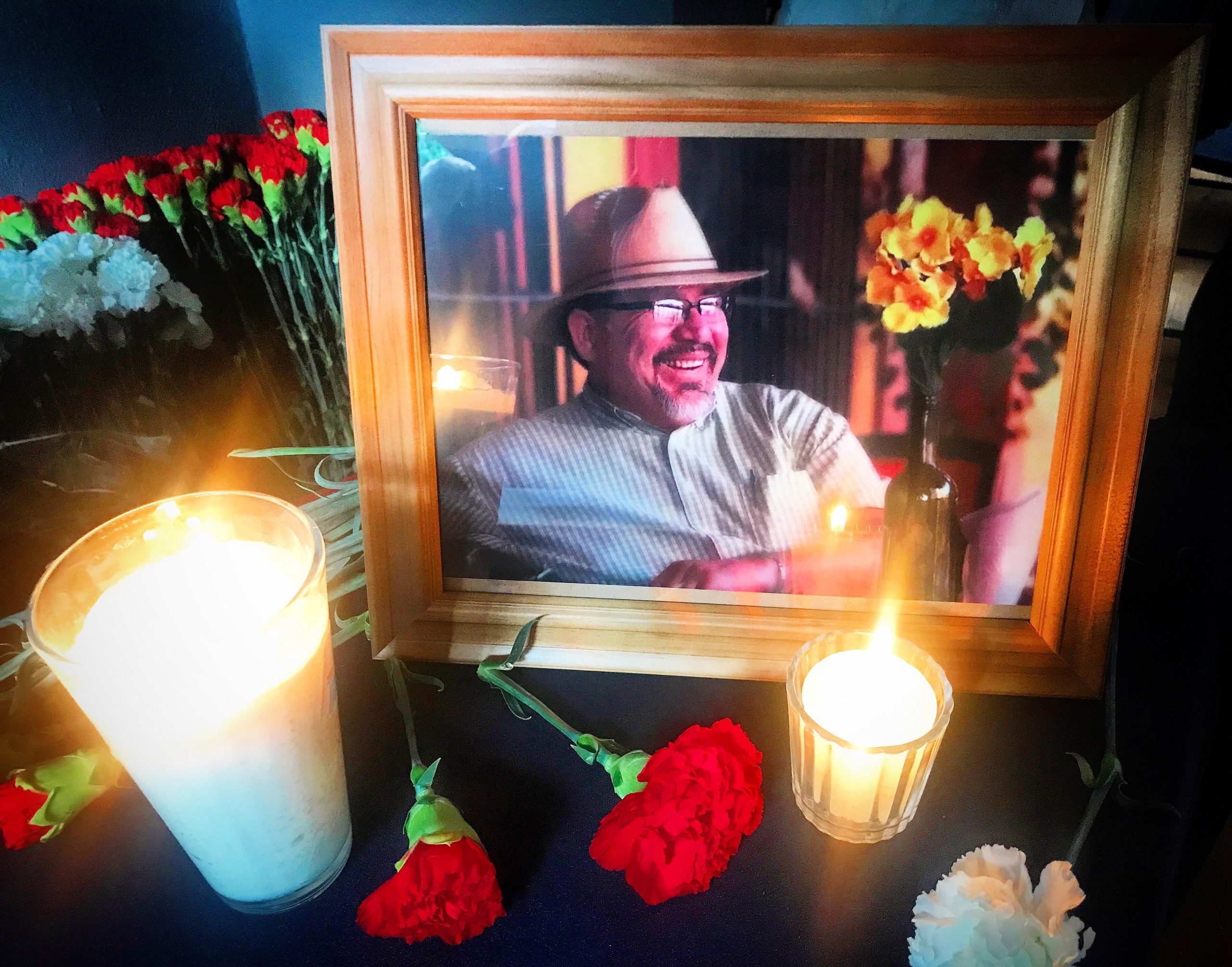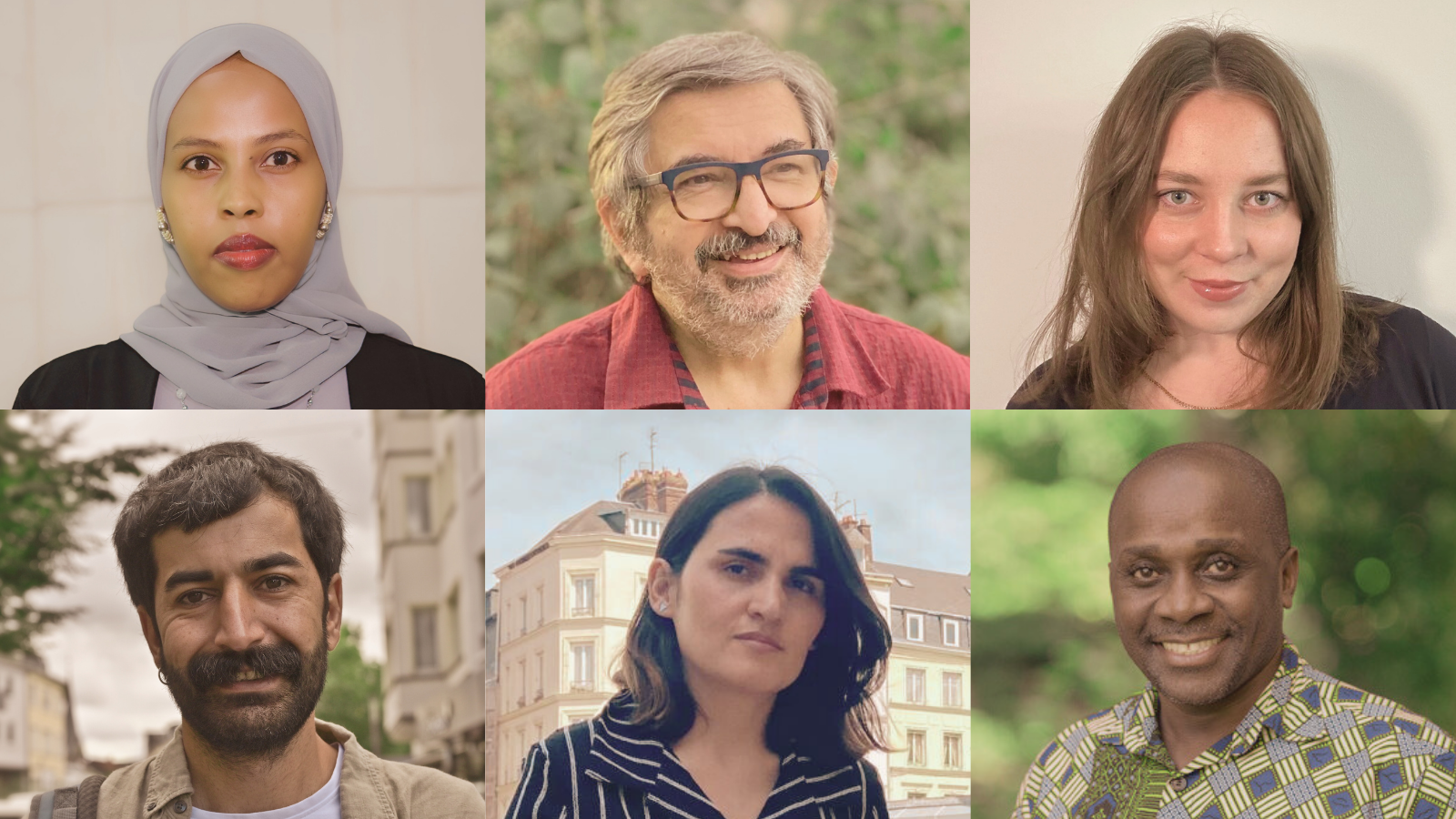 Reporter Saeed Kamali Dehghan describes the struggle to get information in and out of Tehran
Reporter Saeed Kamali Dehghan describes the struggle to get information in and out of Tehran
Huge rallies in Tehran yesterday saw hundreds of thousands of people defy bans and take to the streets to protest at the declaration that the president, Mahmoud Ahmadinejad, had won Friday’s poll over the more moderate Mir Hossein Mousavi. Their cause was simple: free speech and democracy. These people were not as Ahmadinejad described –– like angry football fans, upset their team had lost. They were young, old, male, female, some in hijabs, some without, some secular, some religious. They were all united together chanting “Iranians, why are you silent?” calling for “Free speech, free speech”.
Many Iranian people had longed for change and when the supposedly democratic system did not provide this, they took control, sparking the biggest protests seen in the country since the revolution. And, in part, it seems to be getting results.
The protests have resulted in the announcement today by the Guardian Council — Iran’s supreme legislative body — that votes will be recounted in areas contested by the losing candidates.
In a country where the human right of freedom of expression is largely ignored, in recent days censorship in the country has drastically surpassed already militant controls Iranians have become accustomed to and the media is in crisis.
TV, radio, phone and web are virtually all blocked. Foreign press have celebrated Twitter as the means of overriding censorship, as this, and Facebook were so vital in organising the protests. The Internet has proved difficult to censor. The reality though is that now only a few with expert technological knowledge and specialised software are able to overcome blocks. Most WiFi and ADSL connections have been barred, meaning people can only access the Internet through slow dial up connections. I have travelled 40 minutes outside Tehran in order to access the slowest of connections.
Foreign and domestic press have been arrested or kicked out, opposition newspapers have been published with their front pages blacked out or columns missing and one of the most reliable news sources, the BBC Persian service is no longer working (BBC Persian told Index on Censorship the signal has been jammed intermittently since Friday).
The state has announced the death of seven people, and these deaths have created fear amongst the people. I will continue to report, but I fear that I may be arrested. Chaos will no doubt continue later today in Azadi (Freedom) Square, when the rallies of Mousavi and Ahmadinejad supporters will clash. Real change, democracy and freedom of speech will only come if support can grow across the country outside of Tehran and at the moment, the state’s stranglehold on communication suggests things will continue as they are.
Saeed Kamali Dehghan is an Iranian journalist and has been a contributor to the Guardian from the Iranian capital, Tehran, since October 2006. He writes in Persian, English and French for a number of different newspapers around the world including The Guardian, Le Monde, Los Angeles Times, and Etemaad.




